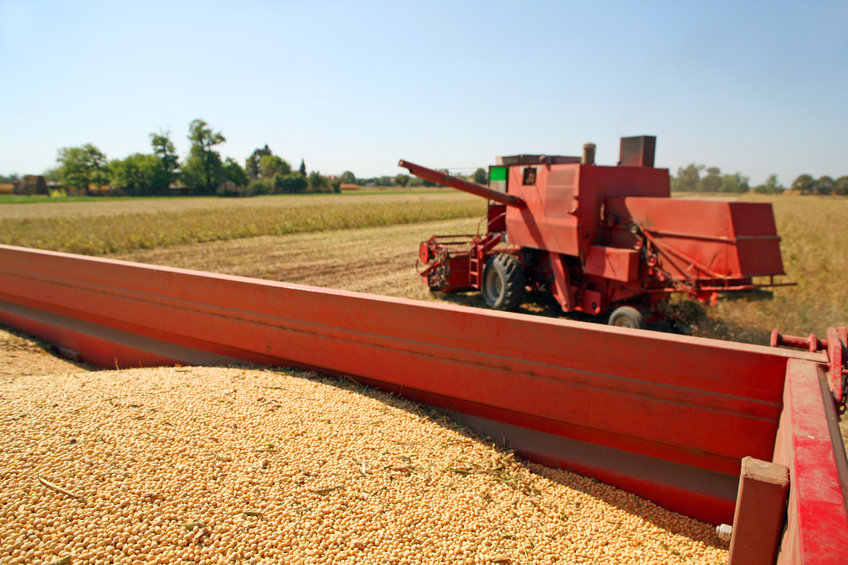
UK farming bodies have welcomed the EU's proposal to delay the introduction of the deforestation regulation for 12 months to avoid disruption to supply chains.
The move follows calls for a delay by a wide-ranging coalition of industry bodies concerned at the potential disruption to the sourcing of commodities, like soya.
However, the European Commission's proposal has sparked criticism from some environmental NGOs.
The EU Deforestation Regulation (EUDR), which would have commenced at the end of this year, aims to ensure that certain commodities used in the bloc will no longer contribute to deforestation.
If the new timetable is approved, the law would apply from 30 December 2025 for large companies and from 30 June 2026 for small enterprises.
The European Commission said the extra 12 months would serve as a phasing-in period to ensure proper and effective implementation.
The UK's National Pig Association (NPA) said it welcomed the delay, calling it 'the most sensible option available'.
It said it had become 'increasingly clear' the supply chain was not in a position to deliver the requirements of EUDR by the start of next year.
NPA chief executive, Lizzie Wilson said: “This would allow a transitioned introduction and, therefore, time for the supply chain to adjust to the new conditions, the detail of which will require further clarification.
“We have been expecting this announcement, but, so far, it is only the Commission’s intention – we urge the European Parliament and the Council of Ministers to ratify it at the earliest opportunity.
“It is also important that the UK government adjusts the timetable for the similar UK Forest Risk Commodities regulation accordingly, so we are in step with the EU on this.”
The EUDR was set to come into force at the end of this year, with products such as cocoa, coffee, soy, palm oil, timber and rubber all included within its scope.
The regulation aims to restrict entry of the commodities into the EU market unless they meet sustainability standards.
